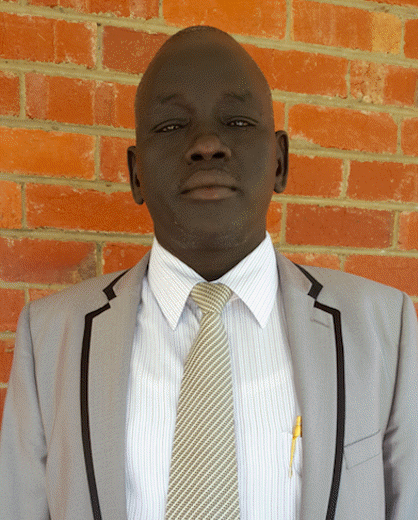We have raised a total of $55,000 since our establishment in 2012. All of this money has been used to support the orphaned children in Bor Town. Our local organisers and fund-raisers are all volunteers, and our only local expenses have been administrative costs in registration of the Association and costs of international money transfers.
The money has been raised by:
The money has been used to:
The school classrooms are almost complete – just awaiting plastering and painting.
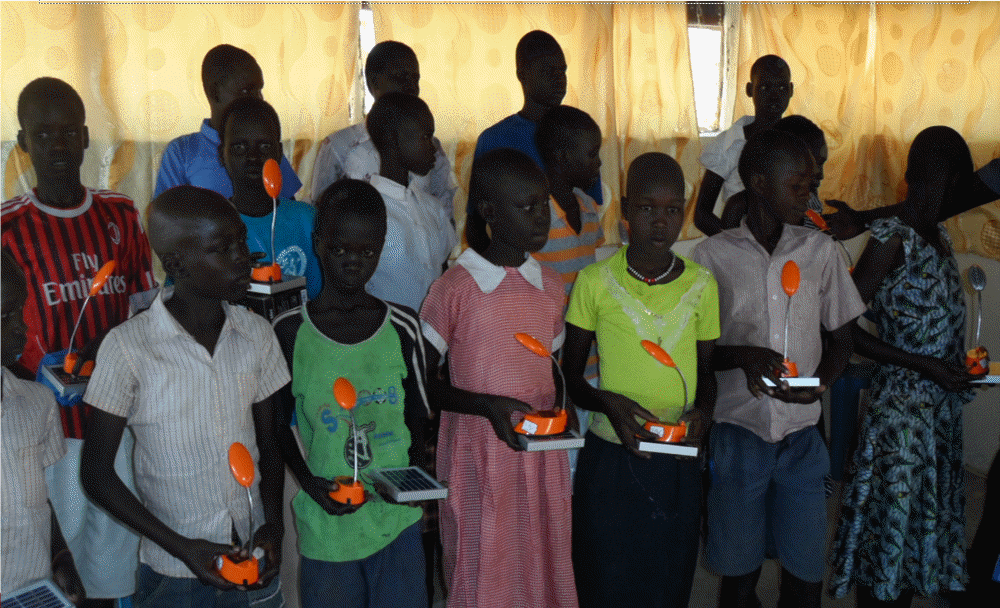
We are continuing to fundraise so we can:
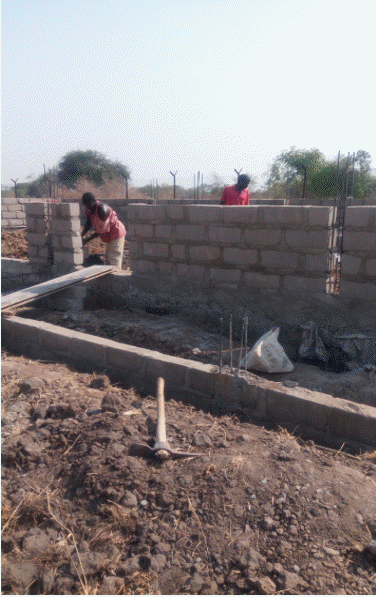
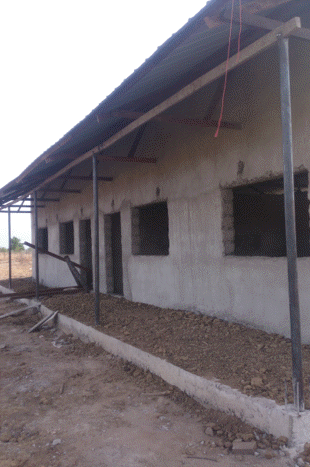
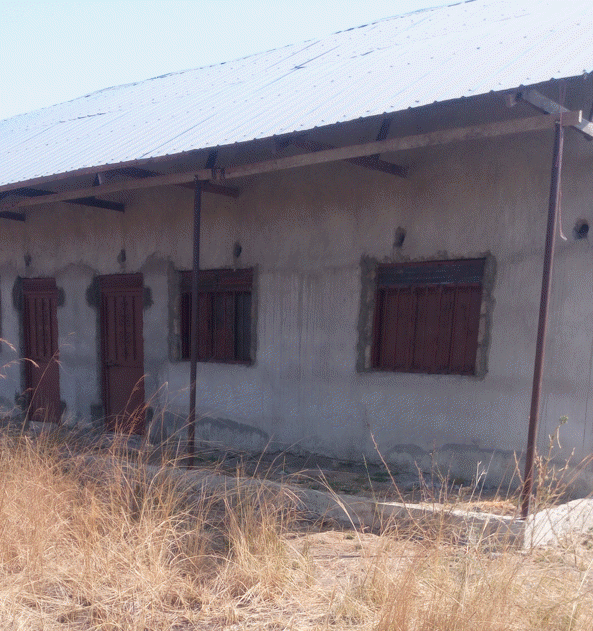
The buildings are constructed of locally made bricks. Good quality sand is available near the town, but cement needs to be bought in Uganda and transported to Bortown by road and river. Local workers have been employed to make the bricks and to build the classrooms, under supervision of the architect.
Now we are raising funds to complete the plastering and painting of these classrooms and the toilet block, and to build the next two classrooms.
If you would like to donate to the orphanage, please use the bank details below.
Bank: ANZ
BSB: 013 225
Account Number: 280731691
If you would like to become a member and make a regular monthly donation in support of the orphanage, please contact Rev Joseph Loka Gai Arou or Margaret Dooley
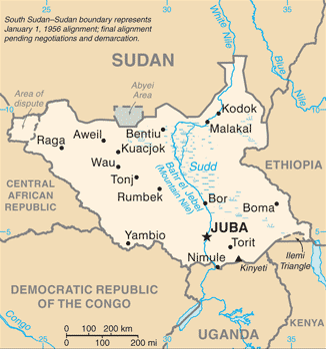
My father was a village man near Bor town. He walked cows from Bor to Juba for sale, or onto Wau in Western State. He became a trader, and then settled in Juba as a trader/butcher/restaurant owner. He lived in Juba until 1976, but the family was still in Bor. In 1978/79 oil was found. The second civil war from 1983 onwards involved many deaths in Bor.
I started school in Juba and moved to Bor in 1980. When war began in 1983 the options were to go bush and join the rebels, or go North to government controlled areas. By 1984 I had missed 3 years of schooling. I went North and completed Year 12 certificate. Over the next few years I studied and worked as a mechanic, office messenger and pay clerk.
I completed teacher training and taught religion in Pentecostal school in Khartoum. I was Ordained in Khartoum
The fighting increased, so I sent Aliza and our children to Egypt and followed in 2003.
There had been major fighting in Bor in 1991, but government censorship blocked the news. In Egypt I saw video of killing in Bor. I had not heard from my parents or family for 20 years - Were they still alive? Where were they?
My older brother Solomon had been in the resistance army. He left the army and became a trader to support our brothers, sisters and family. He gathered the family together in Koboko, Uganda. Aliza and our four children came to Australia. I joined them in 2004.
My brother Solomon and my father
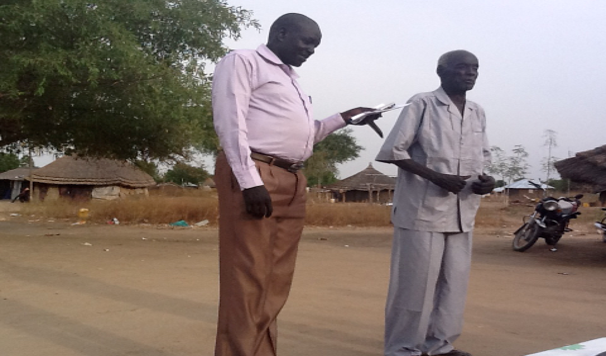
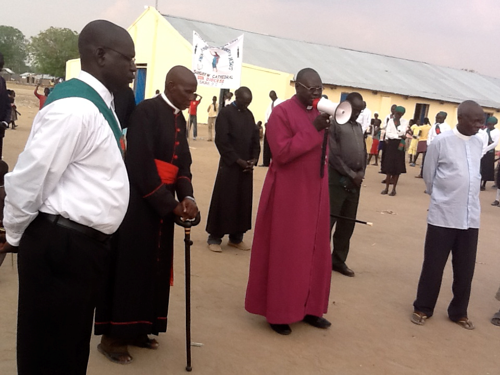
December 2012 - Bor Christmas Parade
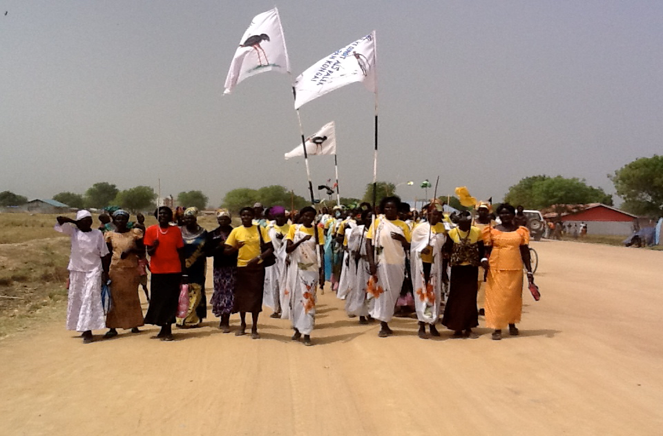
Keeping Strong family traditions
The Abaar Orphanage Bortown South Sudan Inc was set up in 2012 as an incorporated charitable institution and is registered with Consumer Affairs Victoria (Reg No A0058028V); ABN 84 932 954 309.
Our partner in Bor Town is the Abaar Orphanage Bor Town Foundation, (AOF) which was incorporated and registered as a non-profit organisation in South Sudan in December 2012.
The Association in Australia and the foundation in South Sudan were established, as written in the preamble to the AOF:
‘Faced with the serious challenges which threaten our existence as a people;
Realising that the basis for our survival depends on our collective effort; and
Acknowledging that the most effective way of securing, protecting and defending our interests is by taking care of orphans, educating ourselves and the next generations.’
Founder: Rev. Joseph Arou
Joseph Arou, now a citizen of Australia, left his family in South Sudan to live, work and study in Egypt, to avoid becoming a soldier in the Sudanese civil war. He was ordained in the Anglican church in Khartoum in 2001 and came to Australia with his wife and children in 2004. Joseph has completed further studies in theology in Australia and is an Assistant Priest and leader of the Sudanese congregation at St Peter’s Anglican Church in Box Hill. He is also leader of the Sudanese congregation at St James, Pakenham. Joseph is working with other Sudanese families in Melbourne and with other Sudanese church leaders and their congregations to assist families in their adjustment to Australian life and culture.
In 2009 Joseph returned to South Sudan and was shocked by the plight of orphaned children in Bor Town. He helped to build temporary shelter and classrooms in Bor town and has driven the project to provide accommodation, education and support to these child victims of the war in South Sudan.
More of Joseph’s background and family can be seen on the About South Sudan page
Committee Members
Margaret Dooley
Margaret is a lay leader in the Anglican Parish of Box Hill. She was employed in teaching and management positions in secondary schools and at Monash University until she retired in 2010. She has been active in support for multicultural ministry (both Sudanese and Chinese) and is a leader in outreach programs to older members of the Chinese community in Box Hill. She has worked with both Sudanese and Chinese women in various fund-raising activities to support the Parish and the Abaar orphanage project.
Andrew Gai
Andrew was born in South Sudan in 1986 and left South Sudan in 2002 for Uganda where he lived as refugee before migrating to Australia in 2006. He is married to Ajah and they have been blessed with two young girls aged under three years.
Andrew is Family Services Practitioner with Anglicare Victoria. Andrew is a graduate of RMIT University with Bachelor of Social Science (Youth Work) and a Master of Public Policy. Andrew is passionate about empowering children, youth and families and he has been doing that for the last six years with Anglicare Victoria. During these years, Andrew has worked with young people in Residential Care; unaccompanied young asylum seekers and currently supporting vulnerable families in Melbourne Southern region.
Andrew enjoys volunteering to ensure everyone in the community has a fair go. Andrew has volunteered in leadership roles at the University and in local government. Andrew has recently been appointed to the Regional Advisory Council which advises the Victorian Multicultural Commission about issues and challenges faced by people from diverse community in Victoria.
Andrew was humbled to be recognised by the Friends of Refugees for the “Future Leader” category at the Refugees and Asylum Seeker Recognition Awards night during the Refugee Week 2016. Andrew is part of the Victorian Government campaign: Victorian and proud of it.
He co-founded South Sudanese-Australian Academic Society Inc. (SSAS) Inc. in 2014 to bring South Sudanese graduates and students together to explore ways of addressing issues that are affecting our graduates, particularly difficulty finding jobs post studies. SSAS has also been accessing government grants to organise networking forums and community events aimed at promoting harmony and networking.
Deborah Yar Garang
James Anyang Angok Malou
Ruben Reech Majok Anyiang
